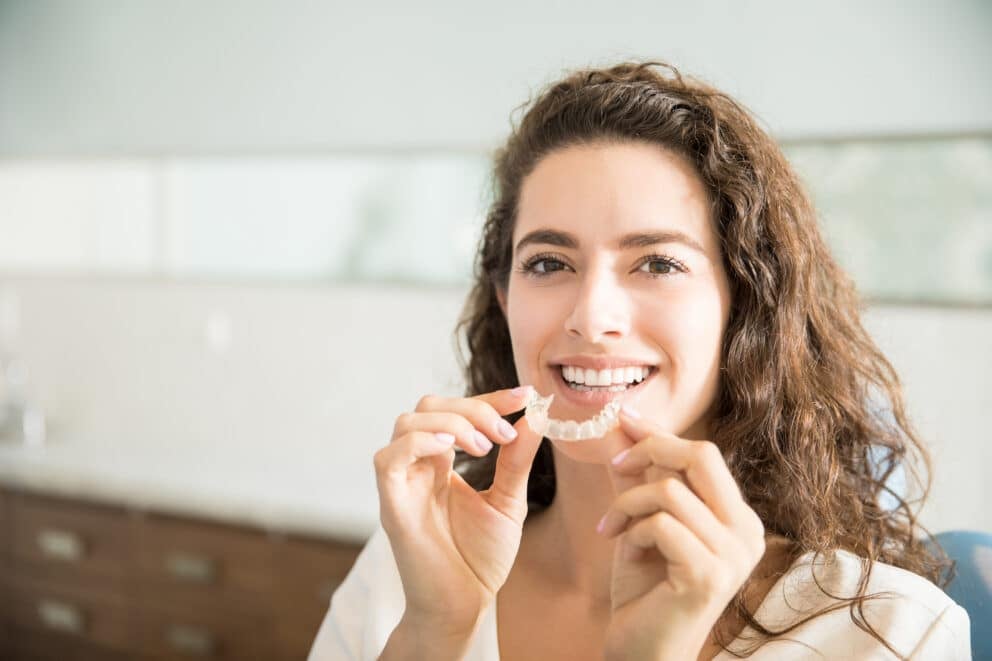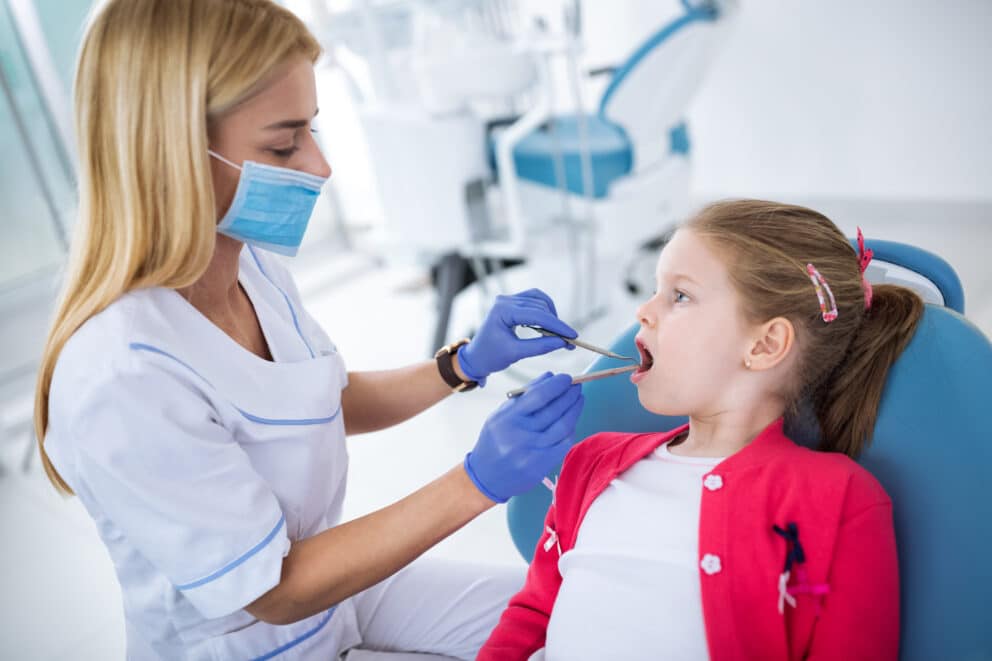Xylitol is a sugar alcohol sweetener used as a naturally occurring sugar substitute. It is found in the fibers of many fruits and vegetables and can be extracted from various berries oats and mushrooms, Xylitol is roughly as sweet as sucrose with only two-thirds the food energy.
As with other sugar alcohols, with the exception of erythritol consumption in excess of one’s laxation threshold (the amount of sweetener that can be consumed before abdominal discomfort sets in) can result in temporary gastrointestinal side effects, such as bloating, flatulence, and diarrhea. Adaptation, an increase of the laxation threshold, occurs with regular intake. Xylitol has a lower laxation threshold than some sugar alcohols, but is more easily tolerated than others such as mannitol and sorbitol.
Dental Care with Xylitol
Xylitol is a “tooth-friendly”, nonfermentable sugar alcohol. This means it won’t cause cavities. There is strong evidence it actually contributes to reminerization of enamel
Recent research confirms a plaque-reducing effect and suggests the compound, having some chemical properties similar to sucrose, attracts and then “starves” harmful micro-organisms, allowing the mouth to remineralize damaged teeth with less interruption. Most of these studies suggest that at least 6 grams of xylitol per day is needed for dental efficacy; for most chewing gum or breath mints this would require 12 pieces per day. Daily doses of xylitol below 3.44 grams are ineffective, and doses above 10.32 grams show no additional benefit.
Saliva containing xylitol is more alkaline than saliva which contains other sugar products. After taking xylitol products, the concentration of basic amino acids in saliva may rise. When saliva is alkaline, calcium and phosphate salts in saliva start to precipitate into those parts of enamel where they are lacking.
Xylitol also inhibits the growth of Streptococcus pneumoniae, as well as the attachment of Haemophilus influenza on the nasopharyngeal cells, making xylitol nose spray a very marketable product.
Xylitol-based products are allowed by the US Food and Drug Administration to make the medical claim that they do not promote dental cavities.




